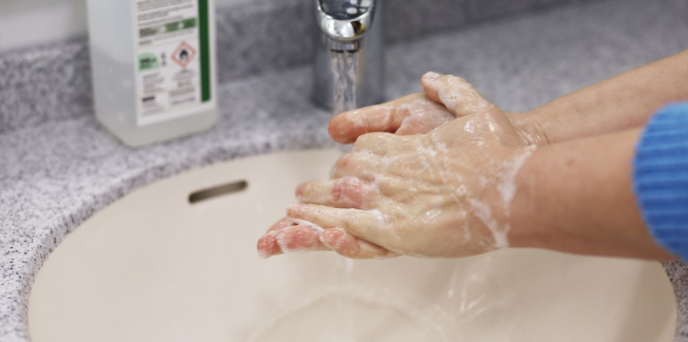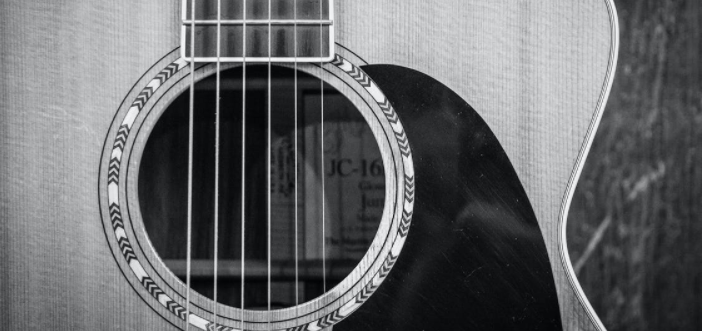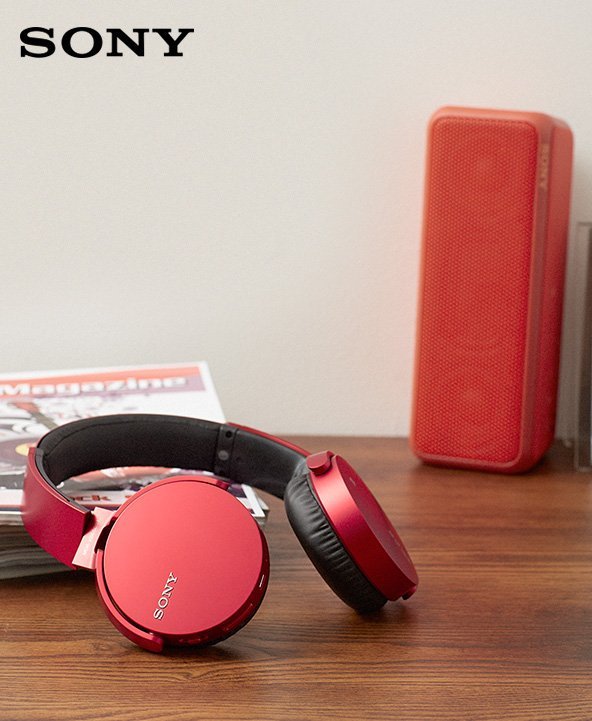Essential Tips to Maintain Your Acoustic Guitar

It’s not a surprise that acoustic guitars are one of the most popular instruments in the world. They’re relatively inexpensive, easy to learn, and can be used for just about any genre of music. But like any other instrument, they need regular maintenance to stay in top condition. In this blog post, we’ll share with you essential tips on how to maintain your acoustic guitar, so it lasts longer and sounds better for years to come.
Clean Your Hands Every Time Before Playing
If you’re a beginner, one of the most important things you can do to maintain your acoustic guitar is to clean your hands before playing. Oils and dirt from your skin can easily build up on the strings and fretboard, which will make it more difficult to play and eventually damage the instrument. So make sure to always clean your hands before picking up your guitar.If you live in a dry climate, it’s important to use a humidifier to keep the humidity levels around your acoustic guitar at about 50%. This will help prevent the wood from drying out and warping, which can cause all sorts of problems down the road.
Keep the Strings Clean
Like the strings on your electric guitar, your acoustic needs to be kept clean to produce the best sound possible. Wipe them down with a soft cloth after each use and apply a small amount of string wax (or petroleum jelly) every few months. This will help keep them lubricated and prevent them from rusting. The strings on your acoustic guitar also need to be replaced every once in a while. How often you replace them depends on how often you play, but generally speaking it’s a good idea to change them at least every six months.
Use Strap Locks on Your Acoustic Guitar
One of the most common ways for an acoustic guitar to get damaged is by falling off a stand or being knocked over. You can avoid this by using strap locks on your acoustic guitar strap. These tiny devices will keep the strap in place and prevent it from slipping off. Another important thing to remember is to remove your guitar strap after playing. This will help keep the neck and body of the guitar in good condition, and it’ll also make it easier to store the instrument.




